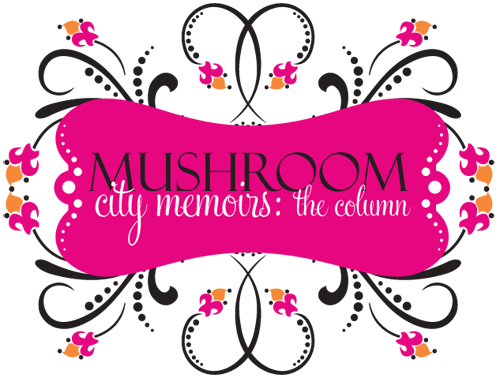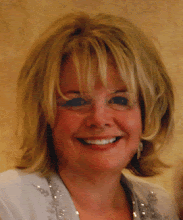 Apr 29, 2009 By Gale Hammond
Apr 29, 2009 By Gale Hammond"Don't put that into your mouth; it'll make you sick." "Wash your hands after using the restroom." "Don't let the dog lick your face; he licks his bottom with that tongue." "Are you wearing clean underwear? What if you get into an accident and somebody sees it?" "I don't care who made this mess; I want it cleaned up right now!"
If cleanliness is next to godliness, then it's a pretty good bet that moms are destined to sit at the right hand of The Man Upstairs. We're remembering mom for many different reasons as we approach Mothers Day but one of her major mainstays in raising her brood was on keeping it clean.
So mothers everywhere must be fairly panting with admiration for University of Arizona professor of environmental microbiology, Dr. Chuck Gerba. "Dr. Germ," as the good doctor is nicknamed, has performed studies of microbes found on everything from the bottom of a purse to public restrooms to your kitchen sponge. Nothing has escaped Dr. Germ's trained eye of all things geared to make us sick.
Kinda like your mom. And if you lay claim to never hearing those Mom-isms cited above, I'm here to tell you that you were probably raised by wolves. Because anybody who's lived with a mother knows that the main manifesto of all things "mom" is that germs are out to get us.
As it turns out, Dr. Germ thinks so too. Back when he was a young pup, one of Gerba's professors introduced to the future germologist the idea of microbe transmission via the simple flushing of a bathroom toilet. Thus was born the theory of "toilet splatter," and this, people, is something even my own mother never thought of.
That's right, by merely depressing the handle of your commode, the contents contained inside the bowl launch bacteria into the air where it arcs and rains down all over the place. Items three feet away may be polluted, including your toothbrush or hairbrush. Sorry about this venture into "too much information," breakfast eaters, but may I please go on record here as saying this is just so eewwww …
Now if all this has completely grossed you out, take heart. Because your toilet isn't so unclean after all. Yep! Turns out Dr. Gerba's studies show that toilets are actually cleaner than restroom faucets, kitchen sinks and (yikes) your washing machine.
That's right, Dr. Germ runs his empty washing machine with bleach after washing his clothes. That's because these days more people are using cold water and manufacturers are making machines with shorter wash cycles. The result? According to Dr. Gerba the order in which you launder your clothes makes all the difference. In other words, wash your undies before your hankies and you're pretty much blowing your nose into whatever contents may have washed out of your dainties. Let's hear it people: ICK!
If shoes and purses are your thing, it turns out some pretty nasty organisms make them their thing, too. According to Dr. Germ, 93 percent of shoes worn for 90 days have E. coli on the soles. And purses? One woman's large handbag contained bacteria numbering at about half a million. And, I know, you don't normally go around licking the bottom of your shoes or handbag, but still.
Are you wondering how Dr. Germ gathers his "material?" Armed with a hand-held germ meter, he walks door-to-door asking folks to hand over their kitchen sponges and other likely culprits. Gerba finds women are usually cooperative. Guys on the other hand? Not so much. Gerba says guys that answer the door will offer something like, "What're you, some kind of pervert?" To which he'll answer, "No, I'm a scientist."
That's why it was so shocking recently when another health expert, Jane E. Brody, "The New York Times" personal health columnist, wrote that various continuing studies are showing evidence that ingesting a little dirt can actually be good for you. Yes, that theory is vile heresy to Mom but the so-called "hygiene hypothesis" suggests that bacteria, viruses and particularly worms that enter the body via the intake of "dirt" are apt to help us develop a good immune system. Hear that, Mom?
Now if I had to choose sides on the "germs" issue, I'd probably be in the camp of Ms. Brody and her researches. It just seems so much simpler somehow. This is why it's a good thing that my own mother, a fan of clean if there ever was one, isn't alive today to have to digest such conflicting information. I knew my mom pretty well, and if there is a probable stand-in for my mom and her philosophy on all things clean, I know who it would be.
And his name is Dr. Germ.

